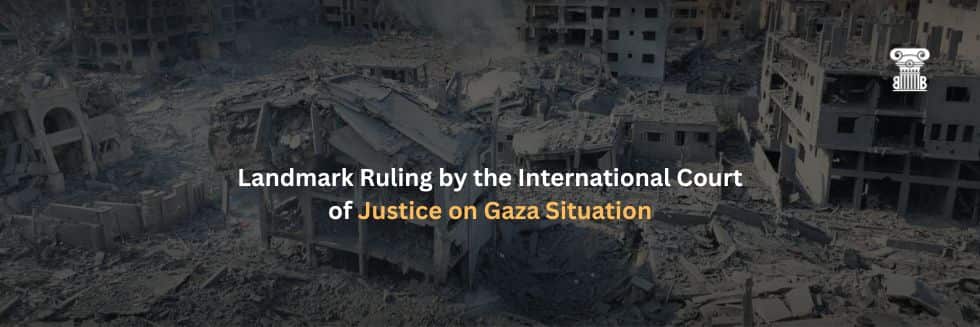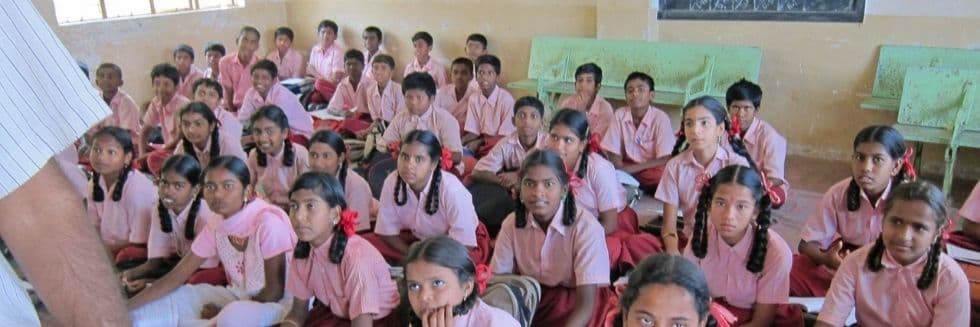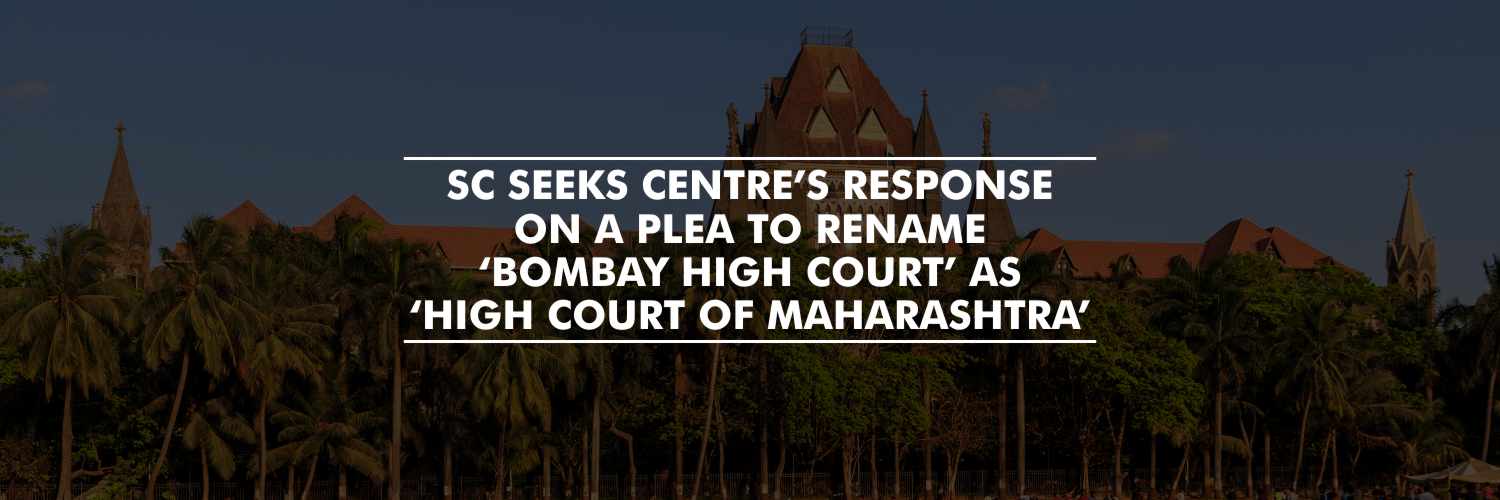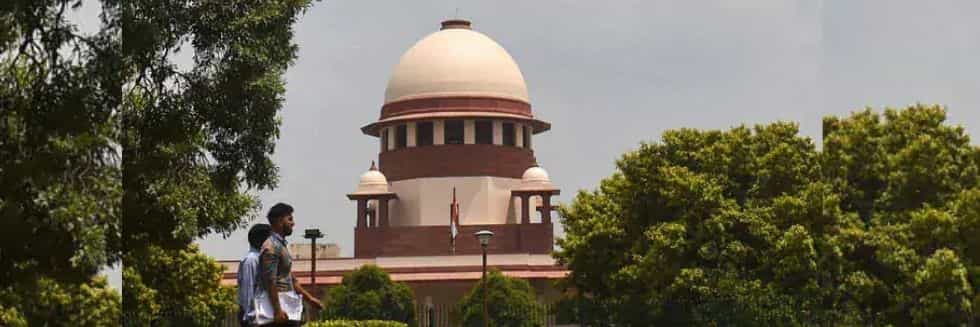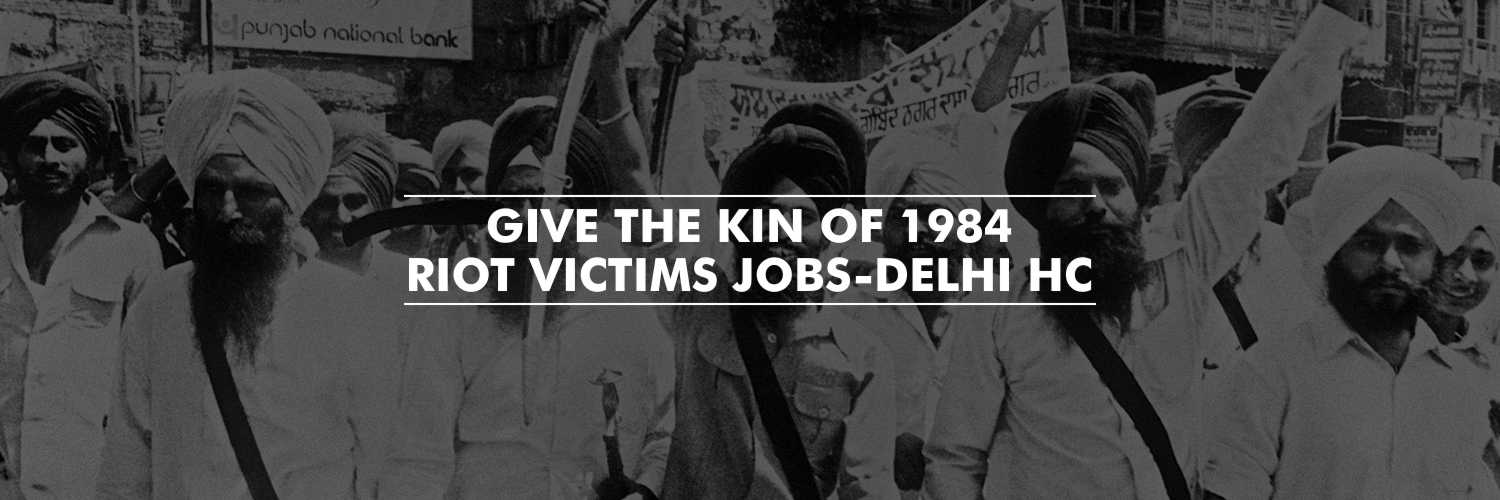In a significant development, the International Court of Justice (ICJ) has issued a directive concerning the ongoing crisis in Gaza. The court has ordered Israel to implement preventive measures against potential acts of genocide. Although the court stopped short of calling for an immediate ceasefire, the implications of this ruling are far-reaching for both the continuing conflict and the global community’s approach to humanitarian crises.
Key Aspects of the ICJ’s Verdict
The verdict, delivered by Judge Joan Donoghue, emphasizes Israel’s responsibility to prevent actions that could be classified as genocide under the Genocide Convention. While the court did not conclusively determine the occurrence of genocide in Gaza, it endorsed urgent measures to alleviate the severe humanitarian situation, echoing the concerns raised by South Africa.
Implications for Israel and the Global Community
The reaction of the Israeli government to the ICJ’s ruling is yet to be seen, considering its historical hesitance to adhere to international directives that it views as threats to its security interests. Prime Minister Benjamin Netanyahu’s criticism of the verdict indicates the expected resistance from Israel, which could potentially hinder efforts to effectively address humanitarian issues.
The ICJ’s LaGrand Ruling in 2001, which established binding provisional judgments, marked a violation of international legal obligations in cases of non-compliance. However, the enforcement of these judgments remains a challenge due to the lack of a mechanism within the ICJ.
The United Nations Security Council (UNSC), empowered by the UN Charter to enforce ICJ decisions, often finds its efforts thwarted by power dynamics among its permanent members. This was evident when the ICJ issued a legally binding order in March 2022 for Russia to halt its aggression in Ukraine, which Moscow chose to ignore.
Legal and Diplomatic Considerations
The ICJ’s recognition of the dispute between South Africa and Israel sets a legal precedent for addressing allegations of genocide. Despite Israel’s objections to the court’s jurisdiction, the ICJ’s interim measures highlight the importance of international accountability in cases of alleged human rights abuses.
Furthermore, the verdict reaffirms the Genocide Convention’s status as a fundamental element of international law, underscoring the shared responsibility of nations to prevent and respond to acts of genocide. South Africa’s use of legal mechanisms demonstrates the potential for multilateral collaboration in tackling complex humanitarian crises.
Challenges Ahead
A significant hurdle for the ICJ ruling is the enforcement of its directives, given the lack of a compulsory enforcement mechanism. While the UNSC has the power to enforce ICJ decisions, geopolitical factors often hinder effective action, as demonstrated by previous instances.
The unwillingness of influential nations to support punitive actions against actors who do not comply highlights the limitations of international law in resolving prolonged conflicts. The ICJ’s dependence on diplomatic pressure and moral persuasion may not be enough to compel Israel to carry out the recommended measures.
